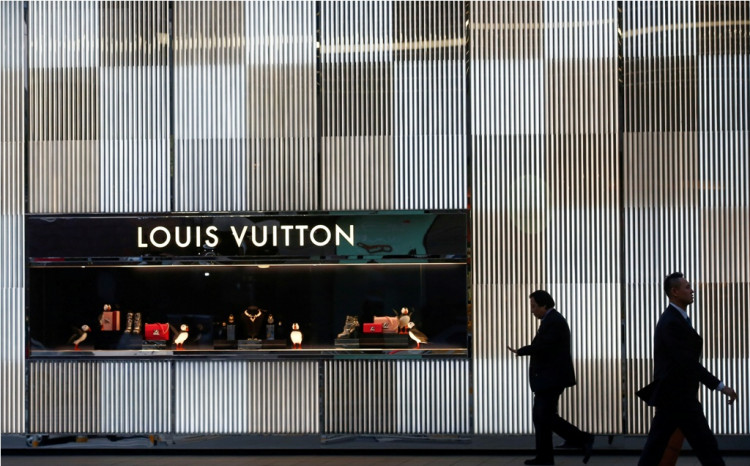Many luxury fashion businesses reliant on Chinese buyers saw their stocks jump in response to China's reopening, but those consumers may not necessarily be purchasing the goods elsewhere.
Previously, vacations abroad frequently included personal luxury purchases for affluent Chinese consumers seeking currency and tax advantages.
However, years of zero-COVID policies have taught Chinese consumers that they can get their taste of affluence on their own soil - and analysts believe this habit will stick.
"China's domestic luxury consumption should far exceed that of overseas luxury consumption," Jessy Zhang, an analyst from Daxue Consulting said.
Since the pandemic began, international luxury brands have also adapted and increased their physical presence in China, according to Barsali Bhattacharyya, manager of industry briefing at the Economist Intelligence Unit.
Shares of Richemont, which owns Cartier, are up around 13%, while those of Dior are up more than 11% since early December.
Since the beginning of December, when Beijing started to relax its zero-COVID policies, shares of LVMH have increased by about 12%.
According to Zhang, the "revenge spending" that follows a decline in international travel would result in a rise in the purchase of luxury items in 2023.
That would be the opposite of purchasing patterns prior to 2017, when, according to Zhang, over 70% of Chinese luxury spending took place outside of China.
As a result, by 2025, the world's largest luxury market will be primarily "in-house."
Furthermore, the Chinese island province of Hainan, which is dotted with duty-free shopping complexes, is a tax-free sanctuary for many luxury consumers. According to a Bain & Co. estimate, sales climbed by more than 120% in 2020 and by nearly 85% in 2021.
According to a report by Bain & Co, the increased digitalization of buying procedures has also facilitated Chinese online shopping for luxury products.
The grim foreign luxury shopping figures are exacerbated by numerous travel restrictions imposed by other countries on Chinese travelers.
A requirement that visitors from China present negative COVID tests was suggested by European countries, which are home to numerous upscale shopping areas. Similar to China, Covid tests are also required for visitors from Japan and South Korea.
Short-haul travel is becoming more popular among Chinese customers, according to Oliver Wyman's Chow, who also predicted that Hong Kong and Macao would gain from Chinese tourists first-before other upscale shopping locations like Western Europe.
But until international travel is fully restored, Chow said it will be a "long journey."
"Brands and retailers will need to spend more effort to attract them to shop overseas, and at the same time match their higher expectations," he said.






